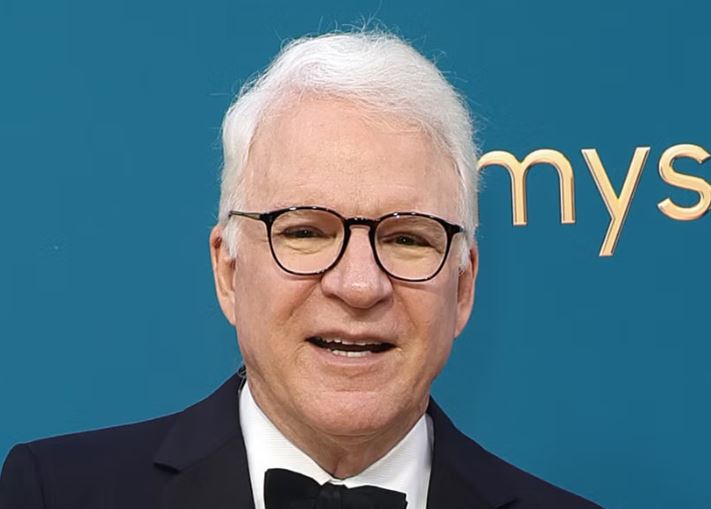The appearance of a white tongue may be attributed to a wide variety of factors, and in some instances, it is accompanied with an unpleasant odor and tongue dryness. You could find that brushing your teeth is all that is required to get rid of it. Nevertheless, what should you do if that does not assist you?
This material is only for informational reasons and is not intended to serve as a substitute for the guidance of an expert.
What exactly is the white tongue?
It is possible for the white coating to cover the whole tongue, a portion of it, or come in the form of patches. In addition, there is a possibility that an unpleasant taste and odor may develop in the mouth. On the surface of the tongue, it seems as if there are the appearance of a few white hairs. In point of fact, these are buds that are coated throughout with dead cells, germs, and organic particles.

The appearance of white plaque on the tongue, which may also be yellow in color, may be attributed to a variety of factors, including discomfort or an infection. In most cases, it vanishes after a few days have passed. In the event that the situation does not improve after a number of weeks and it is uncomfortable to eat and speak, it is preferable to see a medical professional.
It is essential to keep in mind that the plaque can exist in a color other than white. A pink tongue is considered normal, but a dark tongue indicates that the individual consumes an excessive amount of coffee or tea. When the tongue is yellow, it indicates that there is a problem with the liver, and when the tongue is red, it indicates that the individual is deficient in vitamin B.
The reasons why the tongue becomes white
The whiteness of the tongue is often caused by germs, particles of food that have been left behind, or dead cells that have been lodged in the spaces between the buds. As a consequence of this, the buds can develop much larger or they might become inflamed. The white dots that form on the surface of the tongue are caused by this.

On occasion, the plaque manifests itself as a result of a disease. As an example, the geographic tongue is another ailment that manifests itself as the appearance of white spots on the tongue. However, the ailment itself is often linked to the consumption of foods that irritate the tongue, despite the fact that it is quite uncommon and the reasons are unclear. It is also possible that it is a response to stress, an illness, or changes in hormone levels.
What causes the formation of white plaque on the tongue
There are a few factors that increase the likelihood of the emergence of white plaque on the tongue, including the following:
The age
When there is a fungal infection in the mouth, white-yellow plaque could emerge. Antibiotics might help prevent this from happening.
An eating plan that does not include sufficient amounts of fruits, vegetables, vitamin B12, and iron
A compromised immune system
Inadequate oral hygiene

Prosthetic teeth or other items that have the potential to cause injury to the tongue
dry mouth and dehydration of the mouth
How does having piercings relate to having a white tongue?
It is possible that a white film will be visible immediately after the piercing of the tongue. The reason for this is that the amount of germs that are present on the tongue rises, which is a typical occurrence. You may get rid of it with the assistance of antibacterial mouthwash. Additionally, there is a possibility that a ring may form around the piercings, which is a typical occurrence and indicates that the tissue is mending.
It is estimated that the healing process will take around one and a half weeks if the plaque is the result of an accident, including piercings. Irritating substances, such as meals and beverages that are hot, spicy, or sour, should be avoided.
What you may do at home to get rid of your white tongue

Good oral hygiene should be practiced.
Consume an adequate amount of water.
When you clean your teeth, choose a toothbrush that is gentle.
It is recommended that you use a fluoride toothpaste that is gentle and does not include sodium lauryl sulfate.
Make use of fluoride mouthwash.
In order to remove the white coating, you may either brush your tongue or use a tongue scraper.
Using a straw, consume beverages that are cold.

You should steer clear of foods and beverages that are very hot, salty, acidic, or particularly spicy.
For those who are concerned about their white tongue, who should you speak to?
Your dentist will be able to assist you in removing the white film that is on your tongue and will prescribe treatments for you if necessary.
The tongue may be diagnosed by your primary care physician, who can also give you specific drugs and decide whether or not the white tongue is an indication of a more severe problem.
How do you deal with the problem of white tongue?



